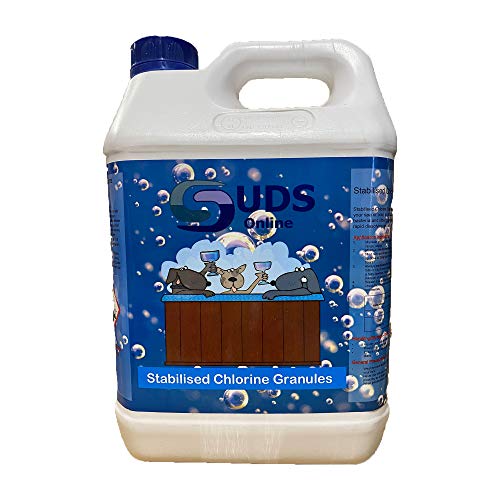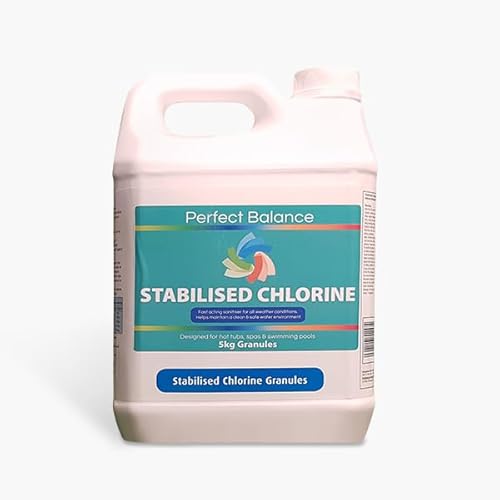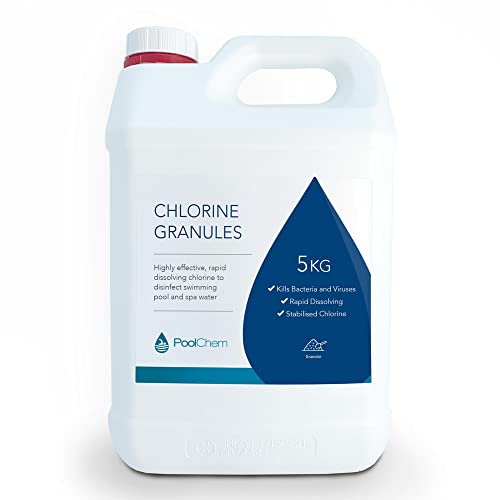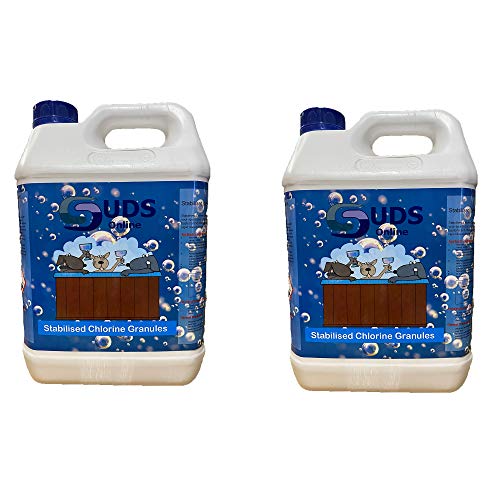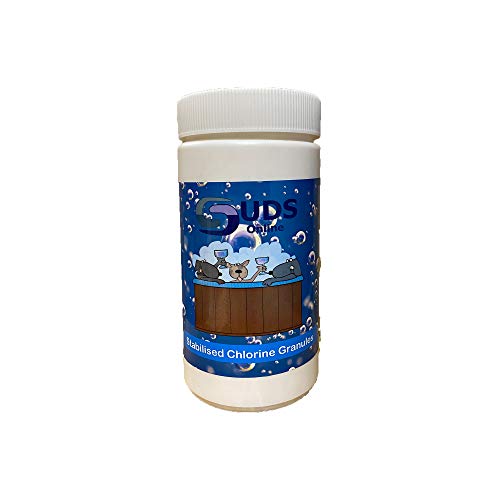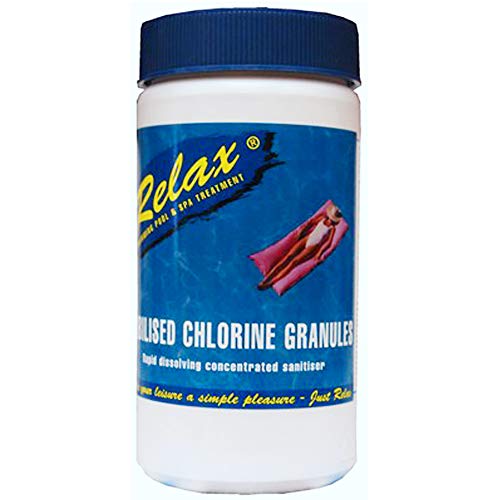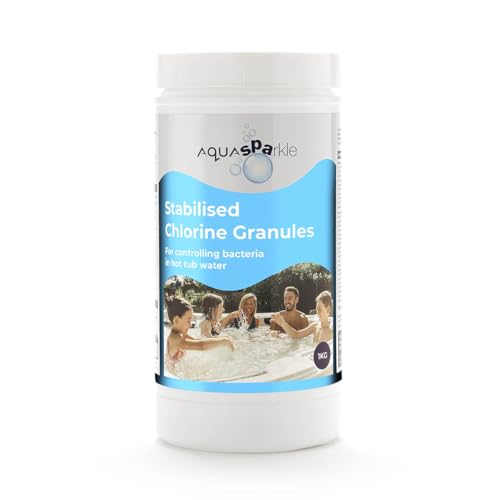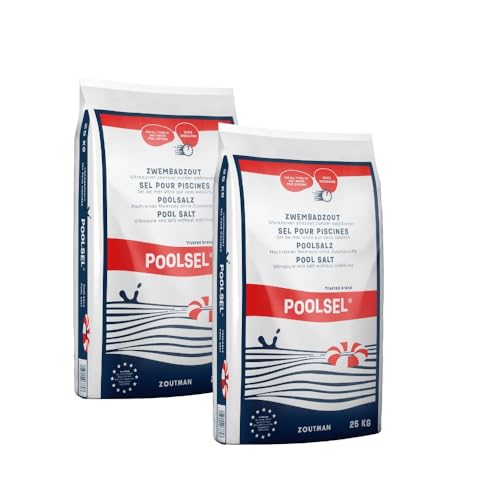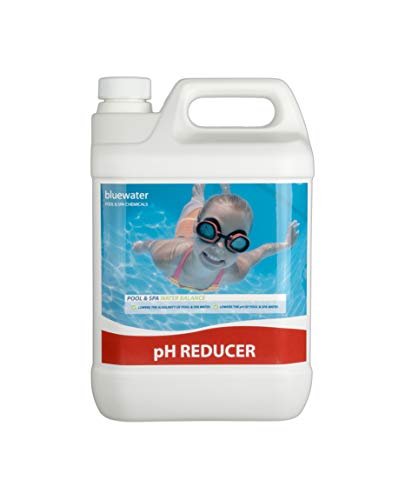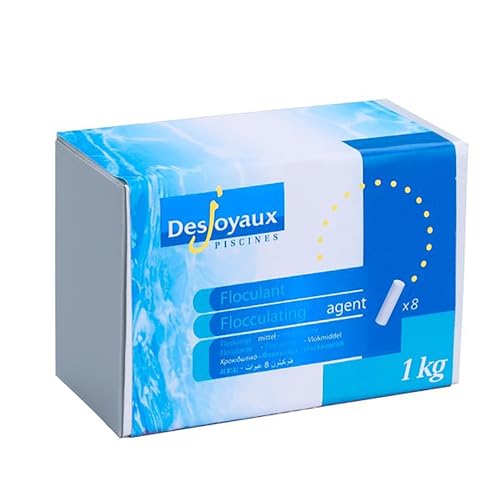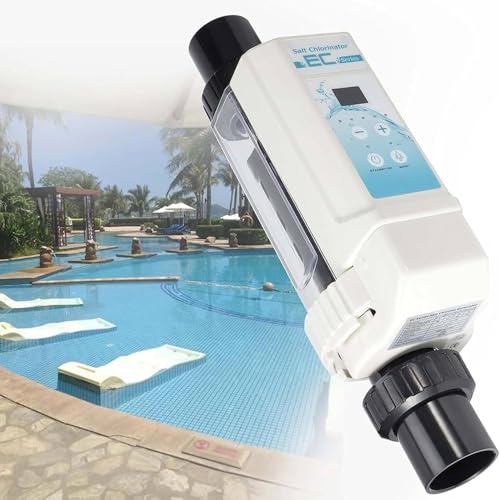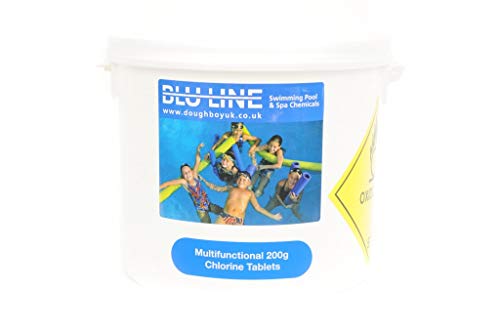Understanding Chlorine Granules: What Are They and How Do They Work?
What Are Chlorine Granules?
Chlorine granules are a popular choice for pool maintenance, designed to disinfect water and keep it free from harmful bacteria. These compact particles dissolve in water to release chlorine, a powerful agent that combats algae and pathogens. They come in different formulations, with some designed to dissolve quickly for immediate effect, while others provide a slower release for prolonged protection.
How Do They Function?
Once added to the pool water, chlorine granules dissolve and release hypochlorous acid, the active sanitizing agent. This acid effectively disrupts the cellular structure of contaminants, ensuring your pool remains clean. It’s crucial to maintain the correct chlorine levels to ensure this process works efficiently, as low levels may leave the water vulnerable to growth and contamination.
How to Choose the Right Chlorine Granules for Your Needs?
Evaluating Pool Size and Type
When selecting chlorine granules, consider your pool’s size and type. For instance, larger bodies of water may require more granules or a stronger concentration. Additionally, some pools, such as saltwater pools, have different requirements compared to traditional freshwater pools.
Understanding Granule Types
Not all chlorine granules are the same; they vary in terms of formulation and intended use. Dichlor granules dissolve quickly and are ideal for regular maintenance, providing immediate disinfection. On the other hand, trichlor granules are slower to dissolve and are often used in floating dispensers, making them suitable for prolonged use. Understanding the differences will help you match the right product to your pool needs.
Checking Purity and Stabilizers
The purity of the chlorine granules is also an essential factor to consider. Products with higher purity levels will be more effective and may require less dosage. Some granules include stabilizers, particularly cyanuric acid, that protect chlorine from degradation due to sunlight, giving you longer-lasting results.
Application Tips: How to Properly Use Chlorine Granules in Your Pool?
Measuring the Right Dosage
Proper dosage is key to maintaining safe and sanitary water. Typically, one should add about one tablespoon of chlorine granules per every 1,000 gallons of water. However, it’s always best to check the manufacturer’s instructions for the specific product you are using to ensure accuracy.
Dissolving Before Application
Before adding granules directly to your pool, it’s advisable to dissolve them in a bucket of water first. This helps to prevent localized high concentrations of chlorine that can damage pool surfaces and equipment. Once fully dissolved, you can pour the mixture evenly around the perimeter of the pool.
Timing Your Application
Timing is also essential when applying chlorine granules. Aim to add them in the evening or during low sunlight hours to protect the chlorine from rapidly dissipating in the sun. This gives your pool more time to absorb the necessary chemicals and work effectively.
The Benefits of Using Chlorine Granules Over Other Chlorine Forms
Ease of Use
Chlorine granules are easy to use, requiring no special equipment for application. Unlike liquid forms that may require careful handling to avoid spills, granules can simply be measured out and dissolved in water. This convenience makes them a popular choice for pool owners who prefer a straightforward solution.
Controlled Dosage
Granules allow for precise dosage adjustments, enabling us to tailor the chlorine levels to fit our pool’s specific needs. This flexibility is particularly valuable where water conditions may fluctuate, as we can easily increase or decrease application depending on the situation.
Cost-Effectiveness
In the long run, chlorine granules can be more cost-effective compared to other forms of chlorine, especially if we buy them in larger quantities. Their long shelf-life and effectiveness at maintaining water clarity mean we spend less on replacements and enjoy clear water without frequent purchases.
Safety Tips: Handling Chlorine Granules Safely and Effectively
Wearing Protective Gear
When handling chlorine granules, it is essential to wear protective gear such as gloves and goggles. This helps protect our skin and eyes from potential irritation caused by chlorine dust or accidental spills. Always ensure your workspace is well-ventilated as well.
Proper Storage
Storing chlorine granules correctly is crucial for safety. Keep them in a dry, cool place away from direct sunlight and in tightly sealed containers to prevent moisture from affecting the granules. This practice not only preserves their effectiveness but also minimizes any accidental reactions.
Disposal Guidelines
If you have leftover granules, dispose of them responsibly. Do not simply throw them away as they can pose a hazard to the environment. Instead, contact local waste management authorities for guidelines on proper disposal methods. Taking these precautions helps us enjoy our pools safely and sustainably.





